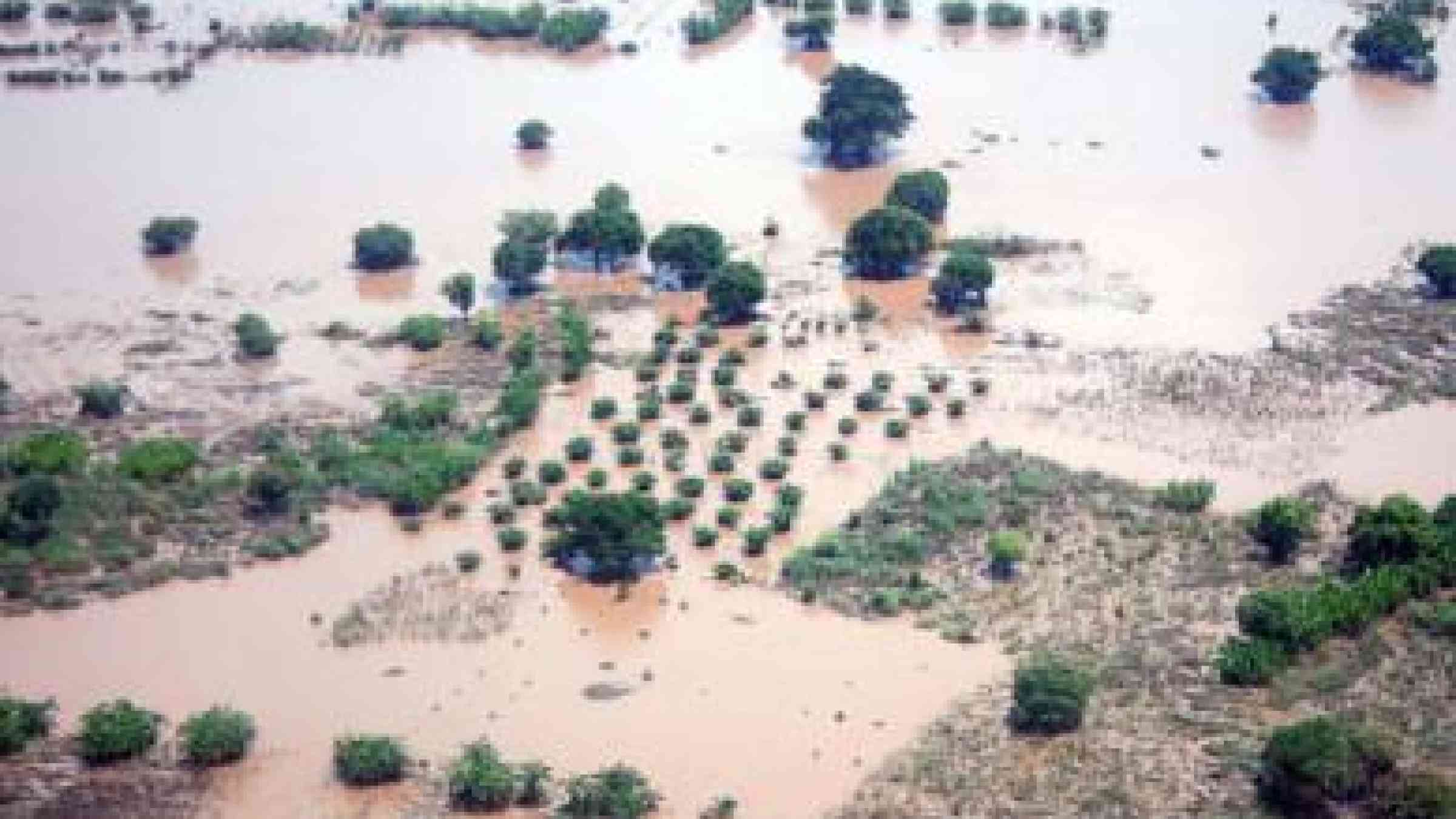
By Ida Kazembe
Blantyre - The Department of Disaster Management Affairs (DoDMA) has embarked on a mission to explore how best indigenous knowledge can be used to help communities prepare for disasters.
DoDMA Mitigation Officer Mulder Mkutumula made the remarks in an interview recently.
Mkutumula identified promotion of disaster mitigation and preparedness through the use of education, knowledge and innovation as effective ways of dealing with disasters in the country.
“We hear stories of how people anticipate the wind direction in a particular year based on the way birds have structured their nest or the way dogs and cats behave prior to floods, such are some of the occurrences that that can be explored further,” said Mkutumula.
According to Mkutumula, raising awareness and understanding of disaster risk reduction amongst the populace would nurture changes in behavior; he said this will contribute towards building a culture of safety and resilience.
“The National Disaster Risk Management policy states that it will ensure the promotion of sustainable and long term community based disaster risk reduction measures. The policy will ensure that disaster risk management is integrated into primary, Secondary and tertiary curricula."
“There will be promotion of interdisciplinary and policy oriented research and appropriate disaster risk management technologies and approaches,” Mkutumula explained.
In an effort to realize the disaster resilience culture, DoDMA plans to engage the media, social networks, communities and other institutions to generate and disseminate relevant information.
Another official in the department, Veronica Mwale said the new policy succeeds the 1991 Act which was response based and proved ineffective and more costly.
“The previous one was built after the Phalombe Napolo in 1991 when nothing was on the ground to base it on as compared to now where occurrences and damages have indicated the need for a preparedness approach,” explained Mwale.
This year's floods which killed 106 people, left 174 missing, and caused a 27.7% reduction in maize production this year. Hundreds of thousands of people were displaced.